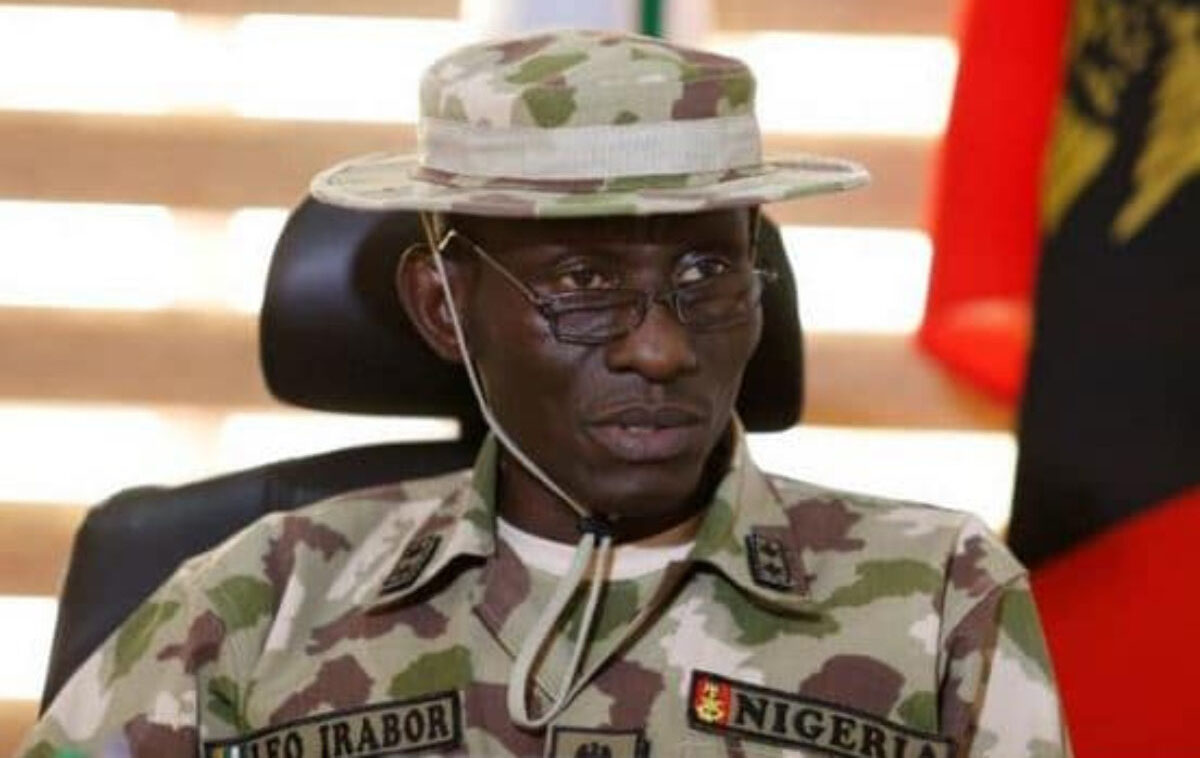Nigeria’s Chief of Defence Staff (CDS), General Lucky Irabor, has said that the several security challenges in the country are stretching the resources of the armed forces to the limit.
He said the security threats such as terrorism in the North East, militancy in the Niger Delta, banditry in the North West, secession agitation in the South East, cattle rustling in the North Central as well as kidnapping and farmers-herders’ clashes in most parts of Nigeria posed challenges to the nation’s development.
- 7.1m need humanitarian aid in N/Eeast – FG
- Poor welfare: Police commission’s workers announces indefinite strike
Irabor, who spoke at the distinguished lecture series of the Nigerian Institute of International Affairs (NIIA), said the armed forces was conducting multiple internal security operations in practically all the 36 states of the federation, including the Federal Capital Territory, in a bid to restore order.
“This stretches our manpower and other resources to their limit. It is however gratifying that the efforts of the armed forces have recorded some successes against the mentioned metrics. These include receding terrorist capacity to launch attacks against the local public by degrading their identified camps and other safe heavens where they have hitherto occupied,” he said.
The CDS maintained that no inch of the country was under the control of terrorists, stressing that the armed forces would provide the needed security to ensure that the election holds in all parts of Nigeria in 2023.
Irabor, who identified unmanned borders as one of the challenges facing the country, lamented that only 124 out of the 261 approved international borders points in the North East and North West were manned, noting that the porous nature of the borders made it easy for criminals to operate. He said the country had 364 approved border points.
Other challenges he identified included delayed dispensation of justice, Nigeria’s geo-strategic environment and politicization of security issues by unpatriotic citizens and politicians.
He called for broad-based integrated border management, a review of the criminal justice system, the creation of buffer zones around correctional centres as well as bilateral and multilateral partnerships as some of the ways to address the security challenges in the country.
The chairman of the lecture series and former Minister of Health, Prince Julius Adelusi-Adeluyi, who said the security challenge in Nigeria was not new, called for appropriate responses to address them.
A former Minister of External Affairs, Prof Bolaji Akinyemi, said the media had a major role to play in addressing the security challenges in the country.
The Director General of the Institute, Prof. Eghosa Osaghae, said the foremost research and advisory think tank on foreign policy and international affairs was committed to partnering with relevant agencies to address the security challenges in the country, especially in the area of identifying early signals.

 Join Daily Trust WhatsApp Community For Quick Access To News and Happenings Around You.
Join Daily Trust WhatsApp Community For Quick Access To News and Happenings Around You.


